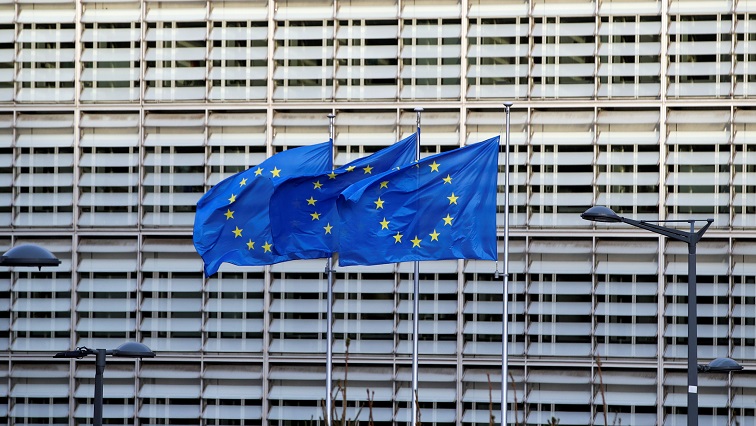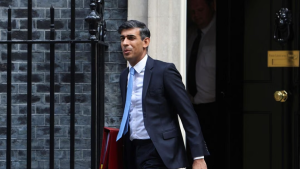London and Brussels face a make-or-break decision on an elusive trade agreement on Sunday with a tumultuous ‘no deal’ exit for Britain from the European Union’s orbit on December 31 looking more likely than not.
Negotiators have until the evening to resolve an impasse on arrangements that would guarantee Britain zero-tariff and zero-quota access to the EU’s single market.
British Prime Minister Boris Johnson and the president of the EU’s executive Commission, Ursula von der Leyen are expected to be in touch on Sunday to decide whether to abandon the negotiations or keep trying for a deal.
Media reported that they would speak to each other at around lunchtime, but it was as yet unclear whether there will be a final decision on a deal or no deal, or whether they will decide to talk further.
Both said on Friday that a ‘no-deal’ was now the most likely outcome, although Ireland’s prime minister said on Sunday the two sides still had the capacity to reach an agreement.
Negotiators met in Brussels on Saturday, and a British government source said they would press on through the night. But the talks were very difficult and “as things stand, the offer on the table from the EU remains unacceptable”.
Early on Sunday, Britain’s foreign minister Dominic Raab said there was much further to go.
“We want to be treated like any other independent self-respecting democracy. If the EU can accept that at a political level, then there’s every reason to be confident but there is still, I think, a long way to go,” he told Sky News.
Britain quit the EU in January but remains an informal member until December 31 – the end of a transition period during which it has remained in the EU single market and customs union.
A Brexit without a trade deal would damage the economies of Europe, send shockwaves through financial markets, snarl borders and sow chaos through the delicate supply chains across Europe and beyond.
The two sides have struggled to agree on fishing rights in British waters and EU demands that Britain face consequences if in the future it diverges from the bloc’s rules for fair competition – what it calls a level playing field.
Irish Prime Minister Micheal Martin said with some degree of creativity, a solution could be found on the level playing field and that he fervently hoped talks would go on beyond Sunday.
Failure to get a deal would be an “appalling failure of statecraft” on both sides, Martin told the BBC.
SUPPLY DISRUPTION
The British government has warned that even with a trade deal, 7 000 trucks heading for Channel ports in south-east England could be held in 100-km (62-mile) queues if companies do not prepare the extra paperwork required.
The BBC reported on Saturday that Britain will fast-track the movement of some perishable goods when its transition period ends to help reduce the expected disruption at ports.
The Ministry of Defence said four Royal Navy patrol ships will be ready on January 1 to help protect Britain’s fishing waters in the event of no deal.
There are concerns about possible skirmishes between British and foreign fishing vessels under that scenario because existing rules that give EU boats access to British waters will expire.
France on Saturday shrugged off the naval deployment plans.
“Keep calm and carry on,” an official at the French presidential office said, using a British wartime slogan.






